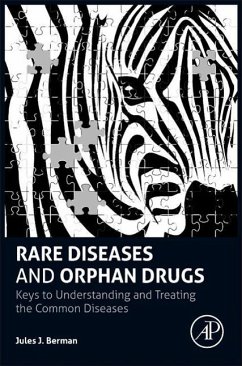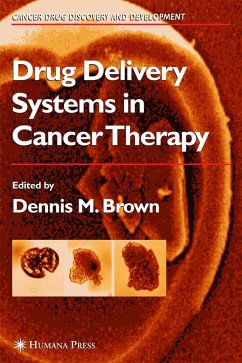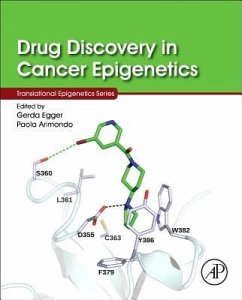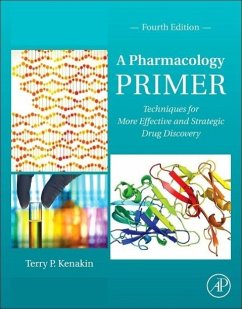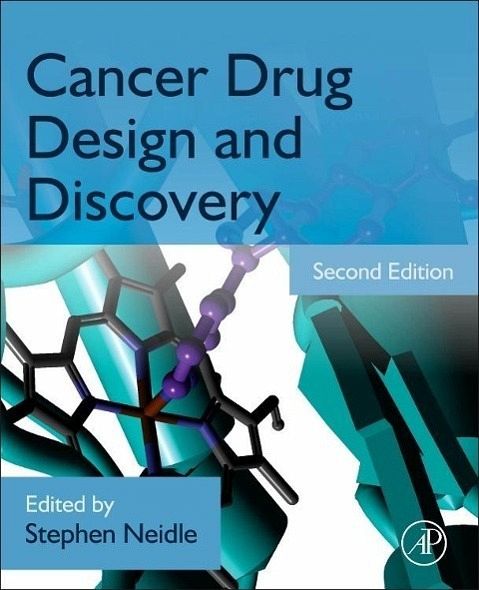
Cancer Drug Design and Discovery
Versandkostenfrei!
Versandfertig in 6-10 Tagen
90,99 €
inkl. MwSt.

PAYBACK Punkte
45 °P sammeln!
Cancer Drug Design and Discovery, Second Edition is an important reference on the underlying principles for the design and subsequent development of new anticancer small molecule agents. New chapters have been added to this edition on areas of particular interest and therapeutic promise, including cancer genomics and personalized medicine, DNA-targeted agents and more. This book includes several sections on the basic and applied science of cancer drug discovery and features those drugs that are now approved for human use and are in the marketplace, as well as those that are still under develop...
Cancer Drug Design and Discovery, Second Edition is an important reference on the underlying principles for the design and subsequent development of new anticancer small molecule agents. New chapters have been added to this edition on areas of particular interest and therapeutic promise, including cancer genomics and personalized medicine, DNA-targeted agents and more. This book includes several sections on the basic and applied science of cancer drug discovery and features those drugs that are now approved for human use and are in the marketplace, as well as those that are still under development. By highlighting some of the general principles involved in taking molecules through basic science to clinical development, this book offers a complete and authoritative reference on the design and discovery of anticancer drugs for translational scientists and clinicians involved in cancer research.





